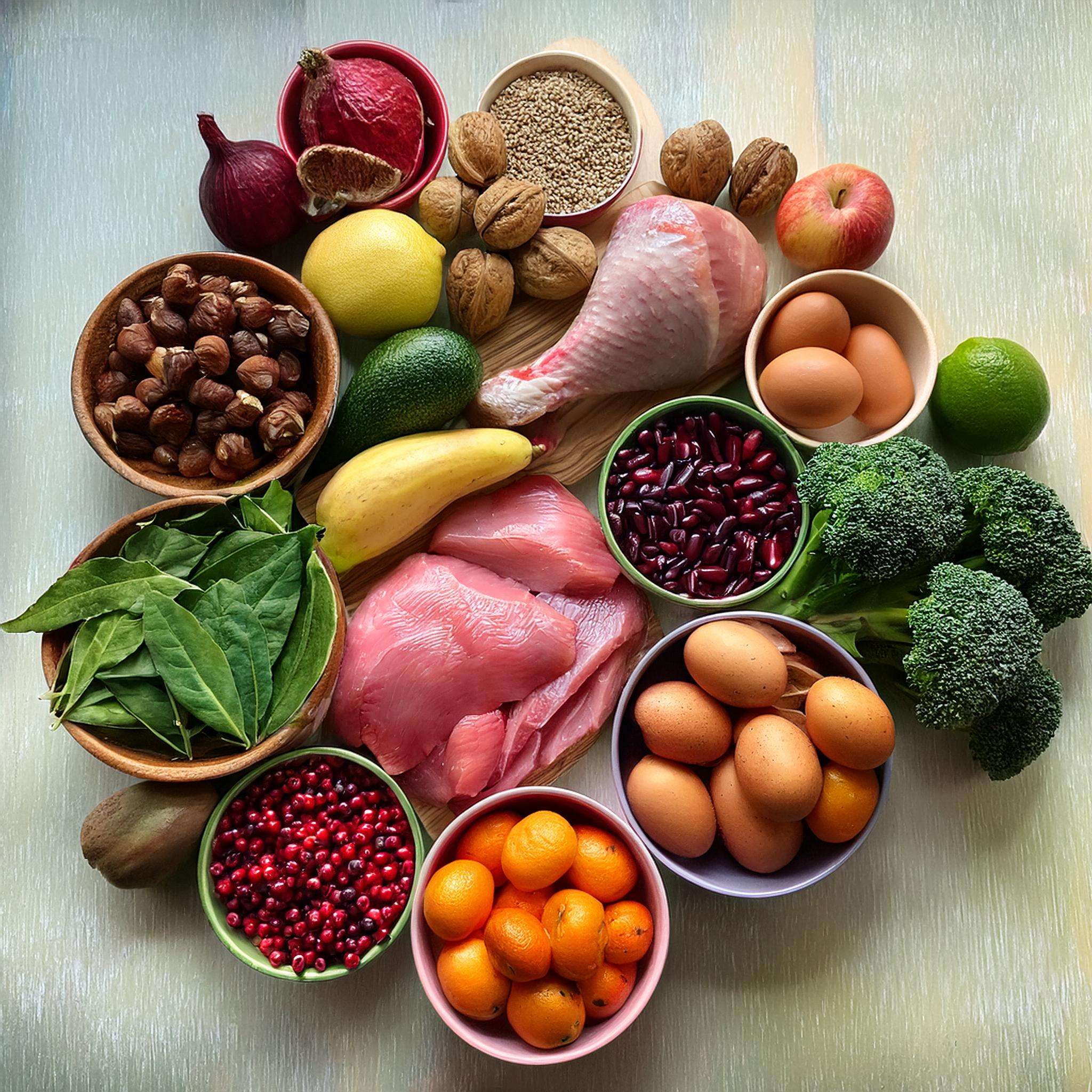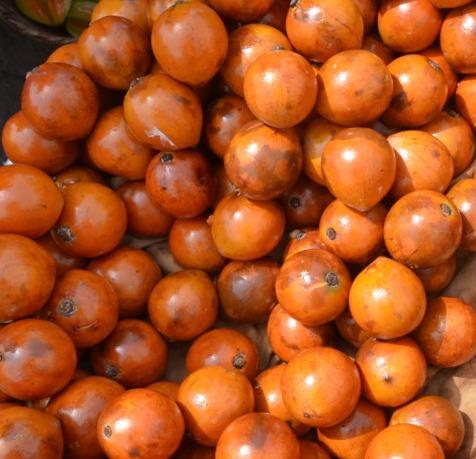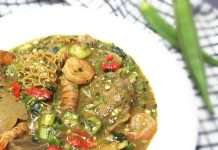
As the festive season continues with the dawning of a New Year, people engage in the consumption of assorted foods for the celebration, but experts have advised on the careful selection of nourishing meals to mitigate the development of anaemia. Characterised by a deficiency of red blood cells or haemoglobin, anaemia is a condition common in women and children. The largest causes of anaemia were dietary iron deficiency, thalassaemia and sickle cell trait, and malaria. Simply put, it occurs when there isn’t enough haemoglobin in the body to carry oxygen to the organs and tissues.
The World Health Body states that poor nutrition, infections, chronic diseases, heavy menstruation, pregnancy issues and family history are also causes of anaemia. The apex health institution statistics indicated that “Anaemia is estimated to affect half a billion women 15–49 years of age and 269 million children 6–59 months of age worldwide.”
Anaemia causes symptoms such as tiredness, dizziness or feeling light-headed, headache and shortness of breath, especially upon physical exertion.
In severe cases, anaemia can cause poor cognitive and motor development in children(pregnant women), pale mucous membranes (in the mouth, nose etc.), pale skin under the fingernails etc.
Nevertheless, this condition is treatable and preventable. Treatment and prevention depend on the underlying cause of the condition. In most cases, changes in diet and adoption of healthy food choices can help reduce anaemia. According to medical experts, eating foods that are rich in iron, folate, vitamin B12, vitamin A, and other nutrients and taking supplements recommended by a qualified healthcare provider helps out.
The following are foods that can help prevent anaemia naturally:
Red Meat: Beef and goat meat are excellent sources of heme iron, which is more readily absorbed by the body than non-heme iron. Cooked beef contains approximately 2.7 mg of iron per 100 g. According to the US National Institute of Health (NIH), heme iron is a crucial nutrient for preventing anaemia and replenishing iron stores.
Poultry: Chicken and turkey provide substantial amounts of heme iron. Chicken contains about 1.3 mg of iron per 100 g. According to USDA Food Data Central, poultry is a moderate source of heme iron, which contributes significantly to red blood cell production.
Seafood: Fish and crabs are rich in heme iron. Fish, such as mackerel, contains about 1.7 mg of iron per 100 g. According to a study published in the Journal of Food Composition and Analysis, seafood provides bioavailable iron that supports haemoglobin synthesis.
Legumes: Black-eyed peas and lentils are notable sources of non-heme iron, with cooked lentils containing approximately 3.3 mg per 100 g. Several studies assert that legumes are excellent for combating iron deficiency, especially when consumed with vitamin C-rich foods to enhance absorption.
Leafy Greens: Ugwu (fluted pumpkin leaves) and spinach offer significant iron content, with ugwu containing approximately 3.1 mg of iron per 100 g. According to a 2015 study by Ndubuisi et al in the African Journal of Food, Agriculture, Nutrition and Development, these vegetables are essential for managing iron deficiency anaemia, especially in sub-Saharan Africa.
Nuts and Seeds: Cashew nuts, walnuts etc, contribute to iron intake, providing 2.9 mg of iron per 28 g serving. According to studies in the Journal of the Science of Food and Agriculture, nuts and seeds are rich in plant-based iron and also contain essential minerals like magnesium and zinc.
Citrus Fruits: Oranges and tangerines are rich in vitamin C, which enhances the absorption of non-heme iron. One medium orange contains about 70 mg of vitamin C. According to the American Journal of Clinical Nutrition, consuming vitamin C with iron-rich meals can triple iron absorption.
Berries: Strawberries and blackberries provide significant amounts of vitamin C, with one cup of strawberries offering 89 mg of vitamin C. According to research from the International Journal of Vitamin and Nutrition Research, berries improve the bioavailability of dietary iron.
Bell Peppers: Red and yellow varieties are rich in vitamin C, with one medium red bell pepper containing about 152 mg of vitamin C. According to the USDA, bell peppers are among the top vegetables that support iron absorption.
Tomatoes: Fresh and sun-dried tomatoes are rich in vitamin C and lycopene, with one medium tomato providing 20 mg of vitamin C. According to a study in Critical Reviews in Food Science and Nutrition, tomatoes enhance non-heme iron uptake, especially when paired with legumes or leafy greens.
Eggs: Particularly the yolks, provide a moderate amount of folate and some non-heme iron. One large egg contains 22 mcg of folate. According to the USDA, eggs are a convenient source of nutrients that support blood health.
Beetroot: Known for their high folate content, beets provide 109 mcg per 100 g. A study in the Journal of Food Science and Technology, beets improve haemoglobin levels and overall blood health.
Fish: Oily fish like mackerel and salmon are rich in vitamin B12, which is vital for red blood cell production. A 100 g serving of mackerel provides 7.4 mcg of vitamin B12. According to the American Association of Nutrition and Dietetics, fish consumption is linked to reduced risk of anaemia.
Dairy Products: Milk and yoghurt provide small amounts of vitamin B12, with 1 cup of milk offering 1.2 mcg of B12. According to the NIH, dairy is an important dietary source of vitamin B12, particularly for non-meat eaters.
Fortified Foods: Certain cereals and plant-based milk are fortified with iron and vitamin B12. For example, fortified breakfast cereals can provide up to 18 mg of iron per serving. According to the American Association of Nutrition and Dietetics, fortified foods are a reliable option for addressing nutrient deficiencies.
Preventing anaemia naturally involves a balanced diet rich in iron, vitamin C, folate, and vitamin B12. By thoughtfully selecting and combining these nutrient-filled foods, you can enhance red blood cell production and maintain optimal health.










